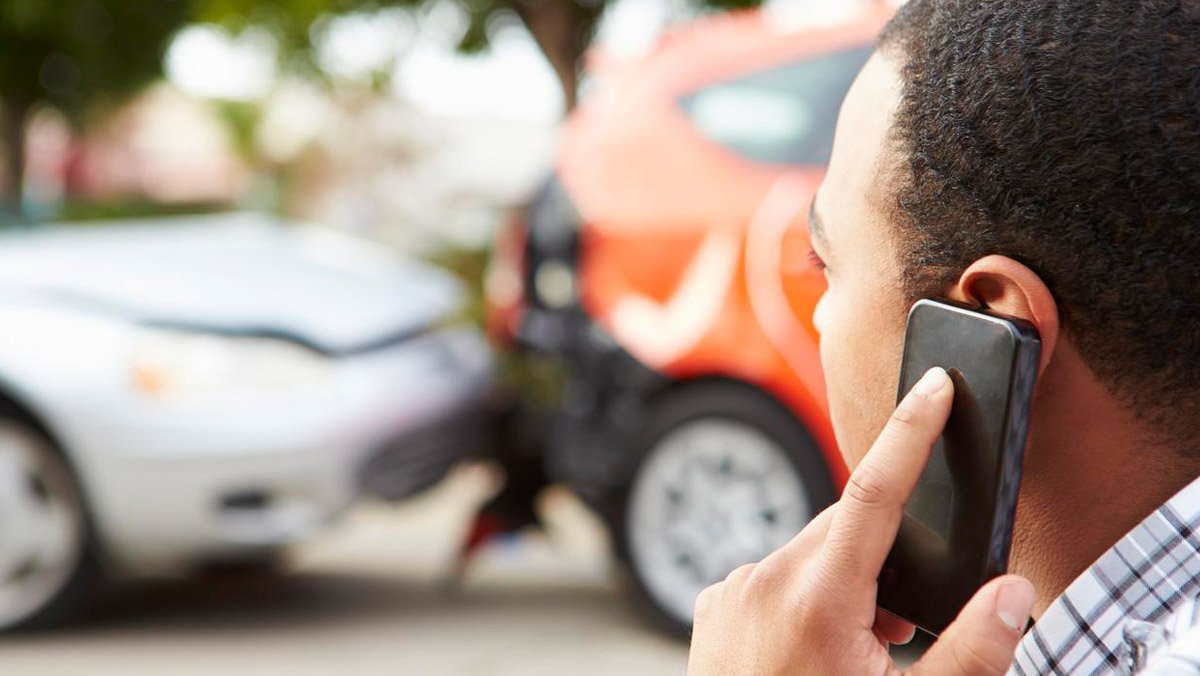Sharing our lives on social media is second nature by now. Our all-powerful smartphones let us take photos and videos of everything we’re doing, then in a matter of seconds post it on our choice of platforms—Facebook, Twitter, Snapchat, Instagram—for all the world to see. It is fun letting people see what we’re doing and seems relatively harmless.
But for people involved in personal injury claims, social media use takes on a whole new level of importance. Why? Because content posted on social media can become a major source of evidence.
How Social Media Comments and Photos Jeopardize Your Personal Injury Claim
A large part of any personal injury case is the plaintiff’s ability to prove the type of injury suffered and the severity of that injury. That can be shown with evidence of various types: medical reports, accident reports, physical exams, etc.
Social media activity can be used to counter that evidence in the following ways:
- By showing that you aren’t injured at all.
- By showing that your injury is not as severe as you claim.
- By eroding any potential pain and suffering damages you receive.
Imagine someone who claims to have suffered severe shoulder and arm injuries in a Texas auto accident. If that person goes to social media and posts pictures of himself playing baseball or swimming or climbing, what message does that send to jurors? It certainly makes it appear that he isn’t truly that injured.
Even seemingly harmless social media comments such as, “Feels like I’m getting better!”, or “Let’s go do [physical activity X],” can devalue your claim.
Now, very few people exaggerate their injuries. The bigger issue with social media often relates not to the extent of the injury, but to the amount of pain and suffering the judge and jury believe the injured person has endured. Unlike the cost of medical bills or lost wages, the amount a plaintiff recovers for pain and suffering is subjective, and it depends a lot on how the jurors feel about the plaintiff’s quality of life.
If you claim pain and suffering because you say your injuries have left you confined to your house, unable to socialize, and feeling depressed, but your Facebook posts show you out with friends having a good time, the jury has a hard time believing you are suffering.
But How Does Anyone Find Your Social Media Posts in the First Place?
These days, insurance companies frequently hire private investigators to find the plaintiffs’ social media accounts. And, even if you have privacy settings turned on, they can subpoena the accounts for access.
Talk to Your Lawyer About Social Media Use
Your lawyer can answer questions you have about using social media while your personal injury case is unfolding. At Ted B. Lyon & Associates, we often recommend clients simply avoid social media while their case is active. Don’t make fake accounts, and don’t delete accounts because that looks suspicious.
Call us at 877-Ted-Lyon / 877-833-5966 or contact us online for a free attorney consultation.





